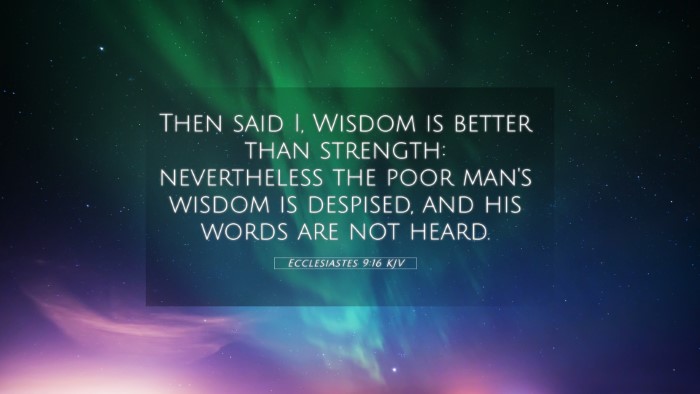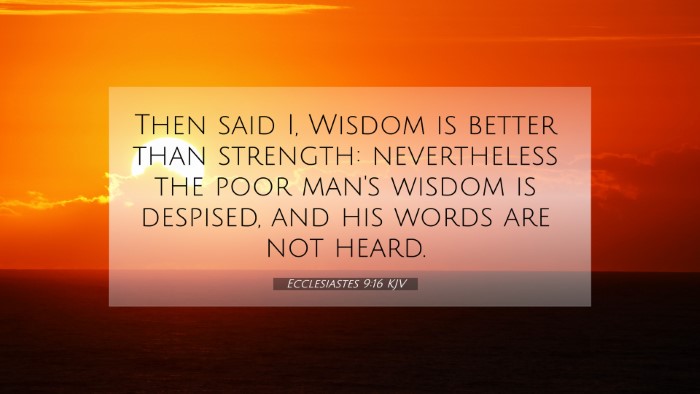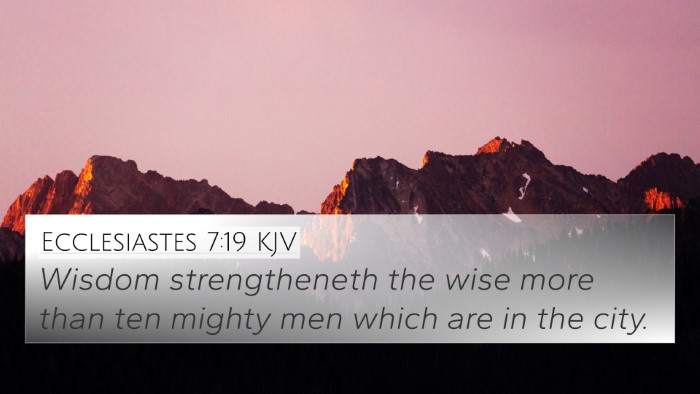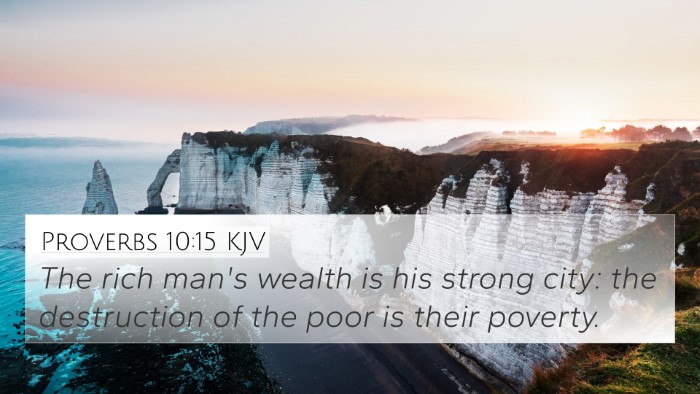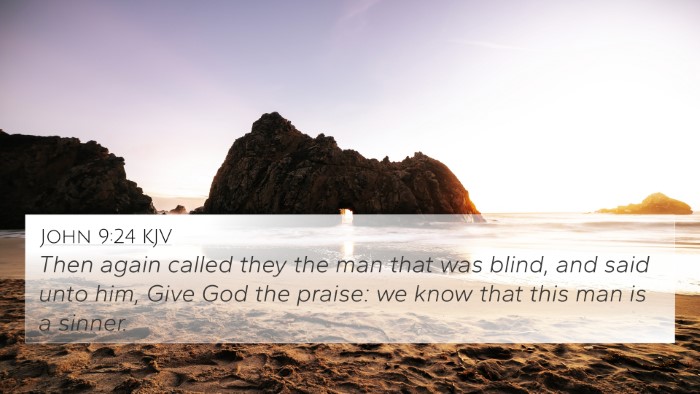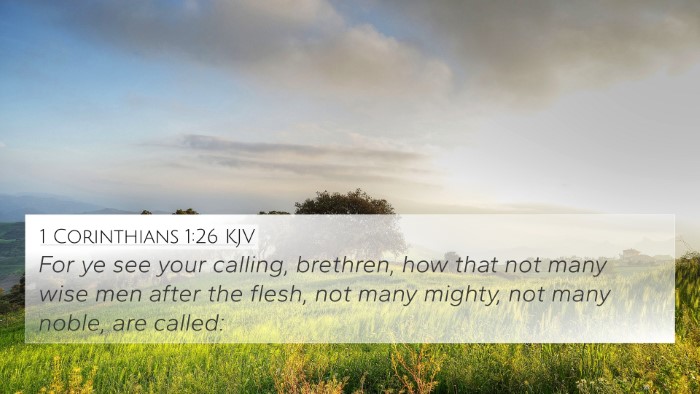Ecclesiastes 9:16 - Summary and Meaning
Bible Verse: “And I said, Wisdom is better than strength. Nevertheless, the poor man’s wisdom is despised, and his words are not heard.” (Ecclesiastes 9:16)
Overview
The verse highlights the contrast between wisdom and strength, showcasing that wisdom, although superior, may be overlooked in the face of socioeconomic status. It serves as a reminder of the value of understanding and discernment in human conduct and regard.
Commentary Insights
-
Matthew Henry Commentary: Henry emphasizes that wisdom, though more advantageous than physical might, often does not receive recognition from society. He notes that a wise person, particularly if of humble means, may face disregard despite their insights and knowledge.
-
Albert Barnes Commentary: Barnes reflects on the societal dynamics that favor the powerful over the wise, asserting that true wisdom is frequently unappreciated. He connects this thought with the notion that external appearances often overshadow internal virtues, leading to societal ignorance regarding true wisdom.
-
Adam Clarke Commentary: Clarke posits that this verse underscores a fundamental truth about the human condition, where societal values often prioritize power over wisdom. He suggests that the wisdom of the humble can be profound yet remains unacknowledged in a world driven by wealth and influence.
Meaning and Interpretation
This verse elucidates that while wisdom bears great importance, it is often dismissed, particularly when it originates from those deemed 'lesser' in social hierarchies. The phrase “the poor man’s wisdom is despised” starkly contrasts the appreciation of wisdom against the backdrop of material wealth.
Furthermore, it invites reflection on the value we place on diverse forms of intelligence—academic, experiential, or intuitive—encouraging an attitude of humility in recognizing wisdom in all its forms.
Bible Cross-References
- Proverbs 16:16: “How much better to get wisdom than gold, to get insight rather than silver!”
- Job 32:9: “It is not only the old who are wise, not only the aged who understand what is right.”
- James 1:5: “If any of you lacks wisdom, you should ask God, who gives generously to all without finding fault, and it will be given to you.”
- Proverbs 21:30: “There is no wisdom, no insight, no plan that can succeed against the LORD.”
- Ecclesiastes 7:19: “Wisdom makes one wise person more powerful than ten rulers in a city.”
- Proverbs 3:13: “Blessed are those who find wisdom, those who gain understanding.”
- Ecclesiastes 2:26: “To the one who pleases him, God gives wisdom, knowledge, and happiness.”
Thematic Connections
This verse creates thematic links throughout scripture, particularly concerning the value of wisdom in contrast to material wealth. In Proverbs, wisdom is consistently shown as a valuable pursuit, mirroring Ecclesiastes 9:16's sentiment.
Furthermore, the idea of a wise yet overlooked individual resonates with stories of biblical characters, such as David, whose youth and insignificance were contrasted with his later prominence and wisdom as king.
Cross-referencing Biblical texts related to wisdom across both the Old and New Testaments reveals a continuous dialogue about its significance and the often-unrecognized value found in humility.
Tools for Understanding Cross-References
Utilizing a Bible concordance can assist in identifying connections between Bible verses, offering insights on how themes of wisdom and societal perception recur throughout scripture. Bible cross-reference guides can be instrumental in exploring these interactions in depth.
Many scholars and believers seek to comprehend scripture in light of its broader narrative, using cross-reference studies to enhance their understanding. Engaging in comparative Bible verse analysis fosters a richer grasp of biblical truths.
Conclusion
In conclusion, Ecclesiastes 9:16 presents a profound statement about the dichotomy between wisdom and worldly recognition. By engaging with this verse and its related cross-references, individuals can explore the theme of wisdom in scripture deeply, questioning societal values and recognizing the often unheeded wisdom present in the humble and overlooked.

